Corporations and Business Law: International Investment Law Report
VerifiedAdded on 2023/04/03
|5
|866
|247
Report
AI Summary
This report provides an analysis of International Investment Law, focusing on the complexities of International Investment Agreements (IIAs) and the crucial concept of the 'right to regulate'. It examines how the right to regulate, the sovereign right of any state to regulate public policy for the public interest, has gained prominence in recent years as countries seek to balance investor protection with their regulatory autonomy. The report investigates the evolution of IIAs and the challenges faced by developing countries in maintaining policy space, particularly in areas like health, safety, and environment. It presents a comparative study of South Africa and Brazil, highlighting their distinct approaches to managing foreign direct investment (FDI) and their experiences with bilateral investment treaties (BITs). South Africa's reliance on BITs and the subsequent limitations on its policy space are contrasted with Brazil's efforts to maintain regulatory control. The report concludes by emphasizing the need for countries to find a balance between investor interests and developmental priorities, advocating for creative and flexible alternatives that go beyond simply safeguarding policy space and incorporate broader economic objectives.
1 out of 5
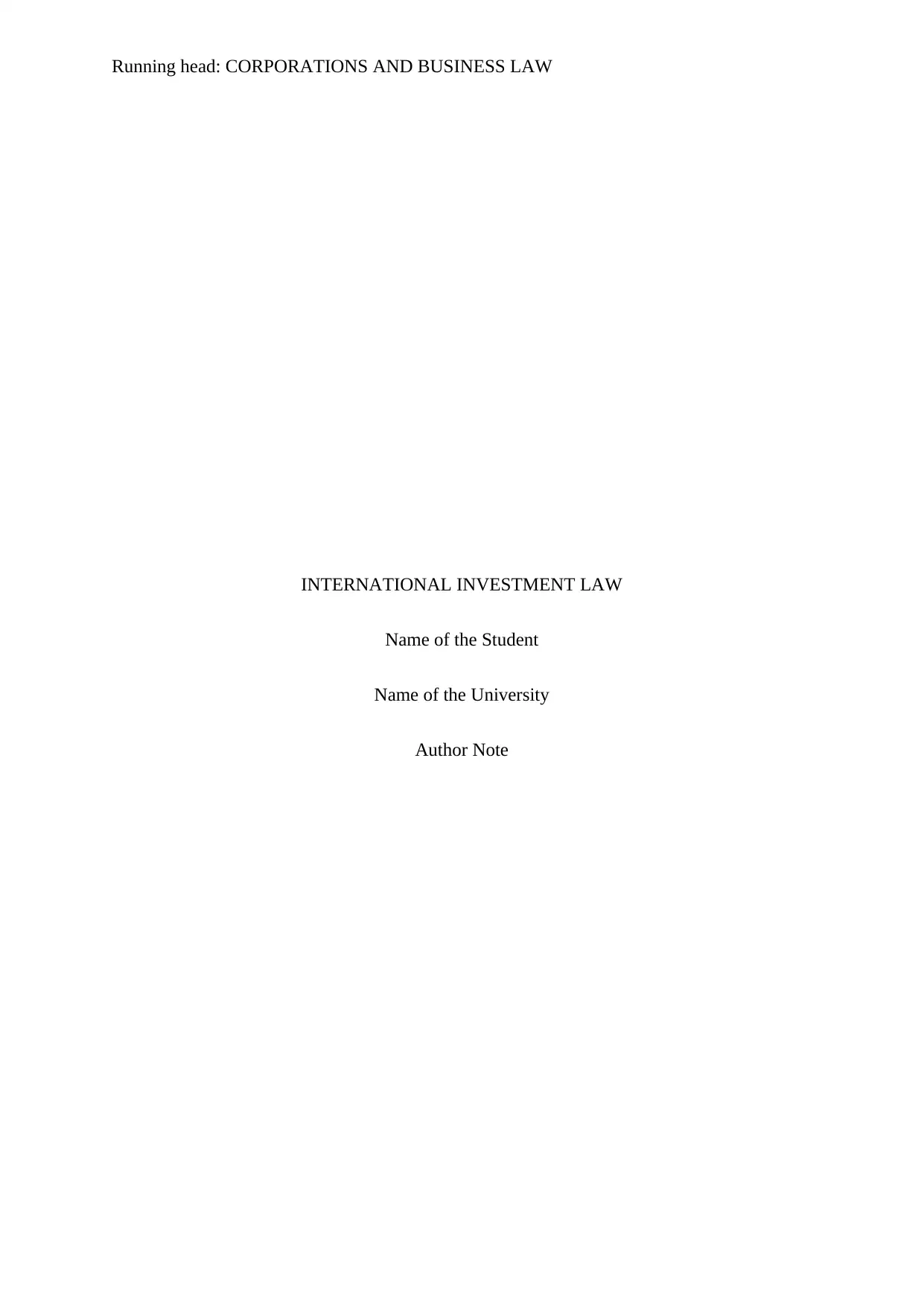
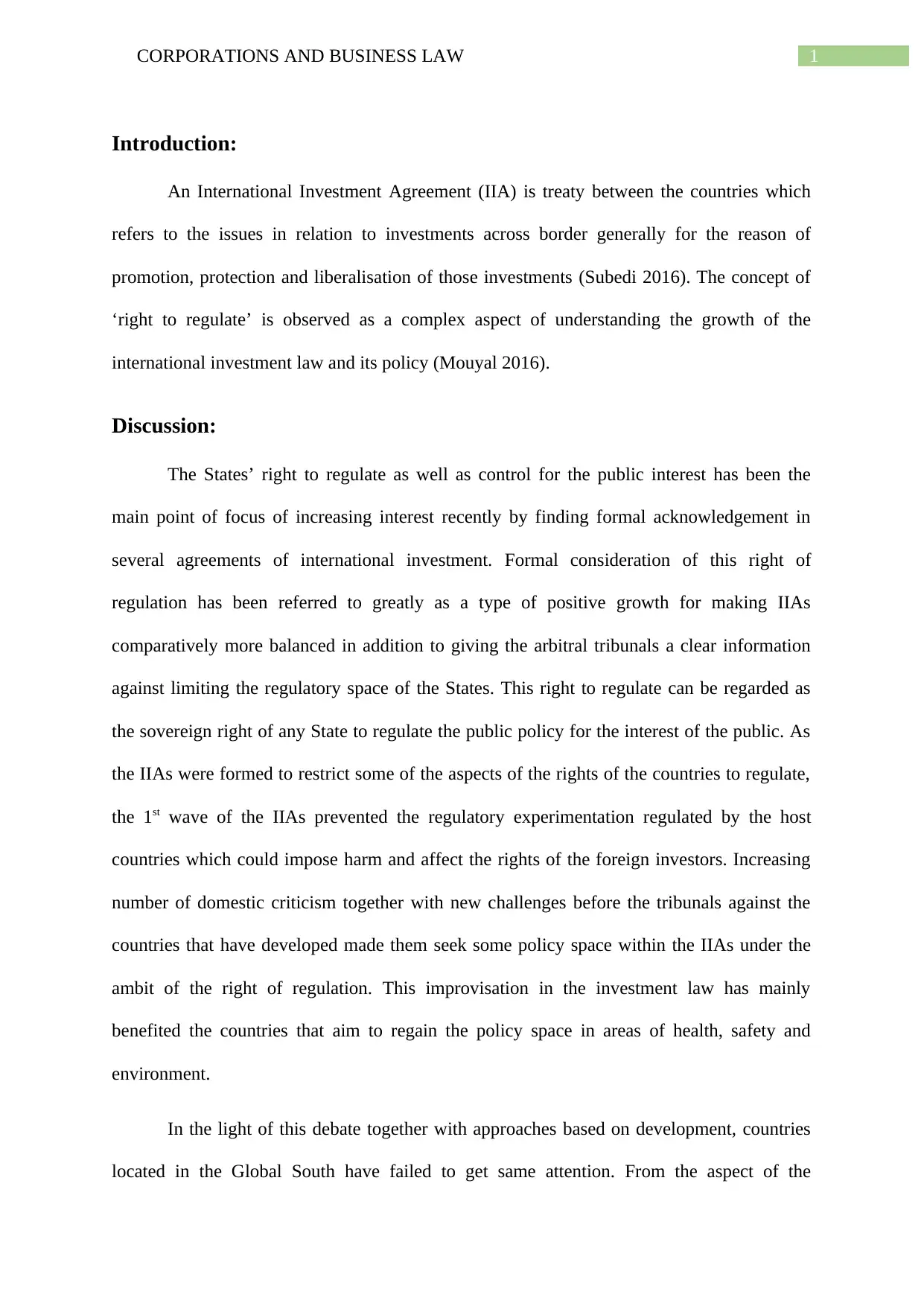
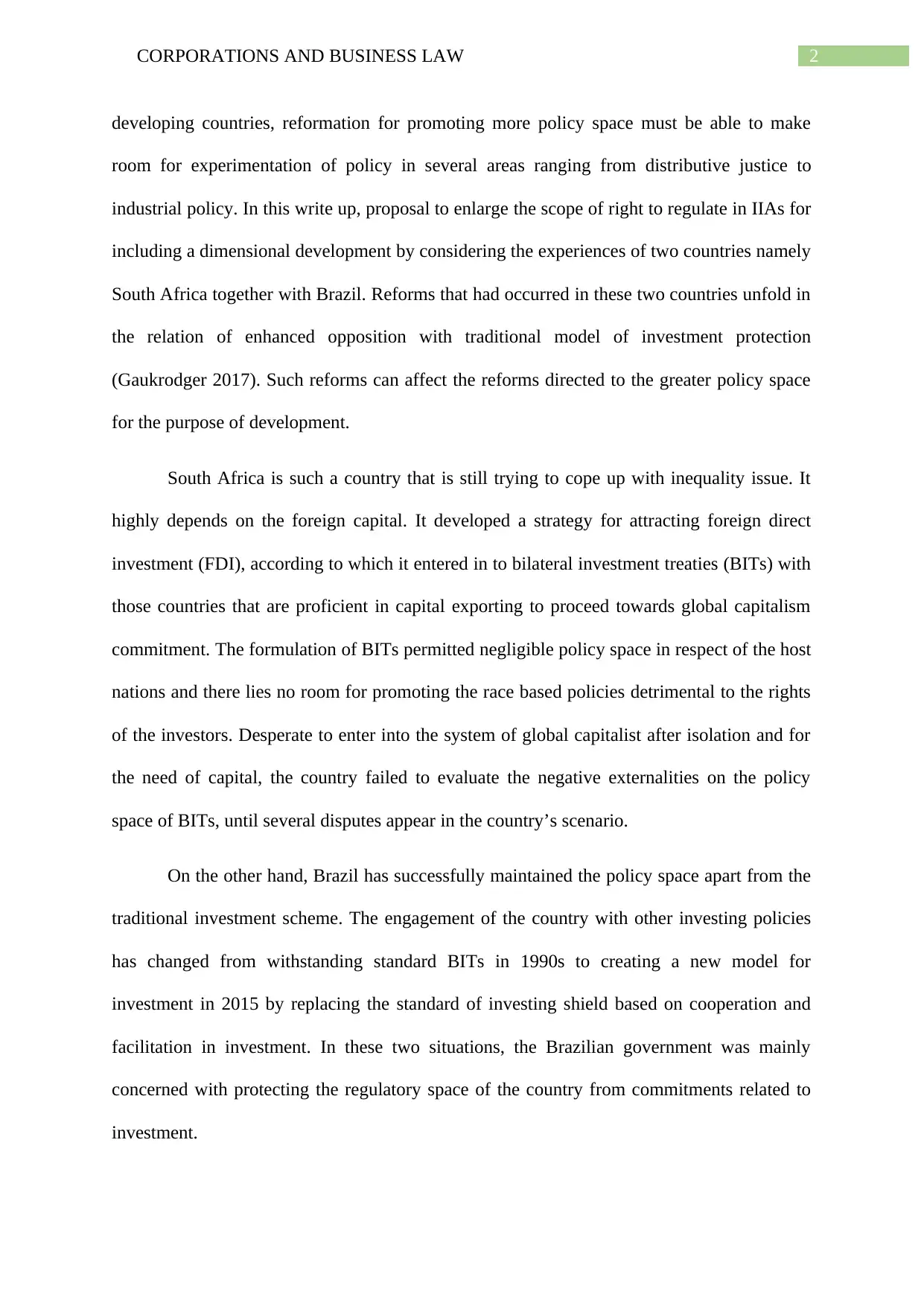

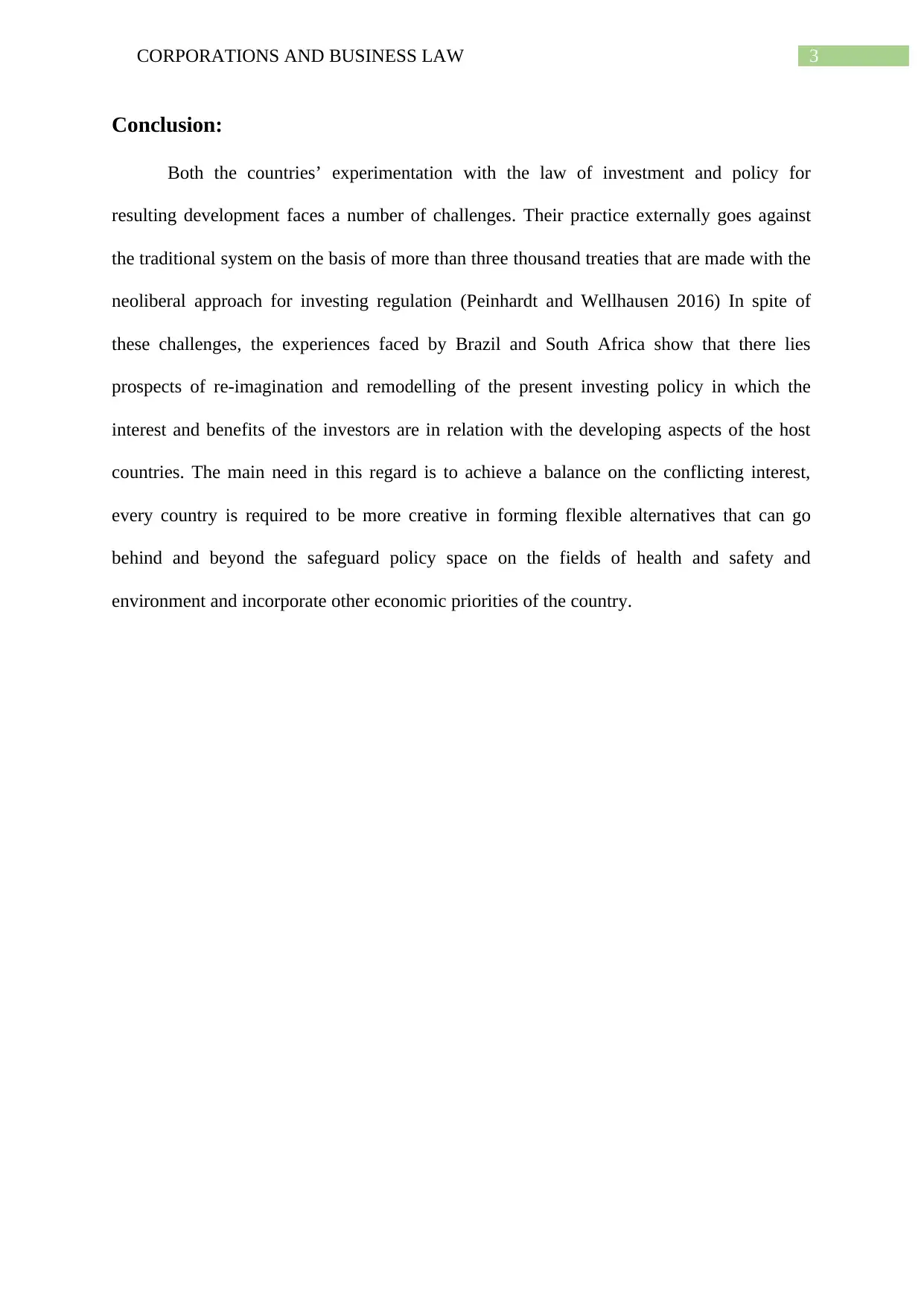
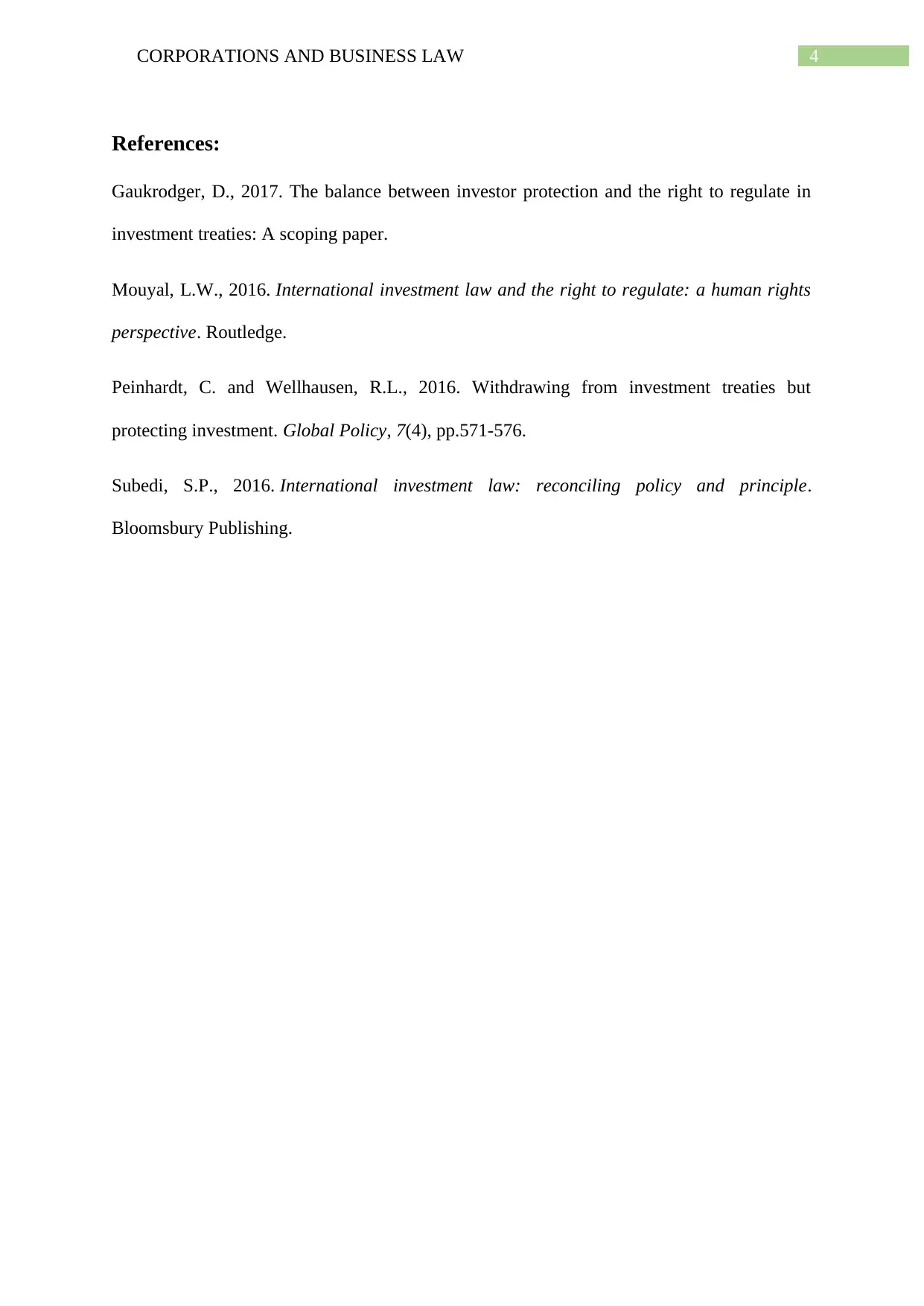






![[object Object]](/_next/static/media/star-bottom.7253800d.svg)